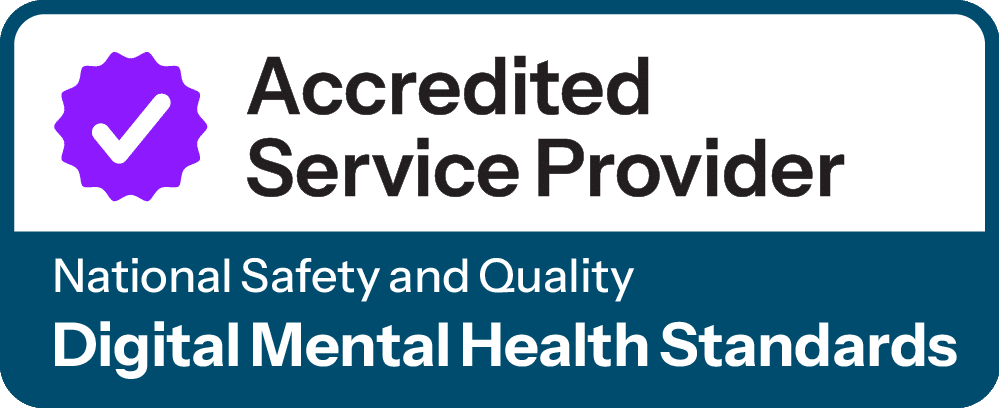
Tag: Drinking culture

Making peace with my ‘wine witch’
Through her personal reflections and exploration, Emma began a journey to better understand her drinking patterns.
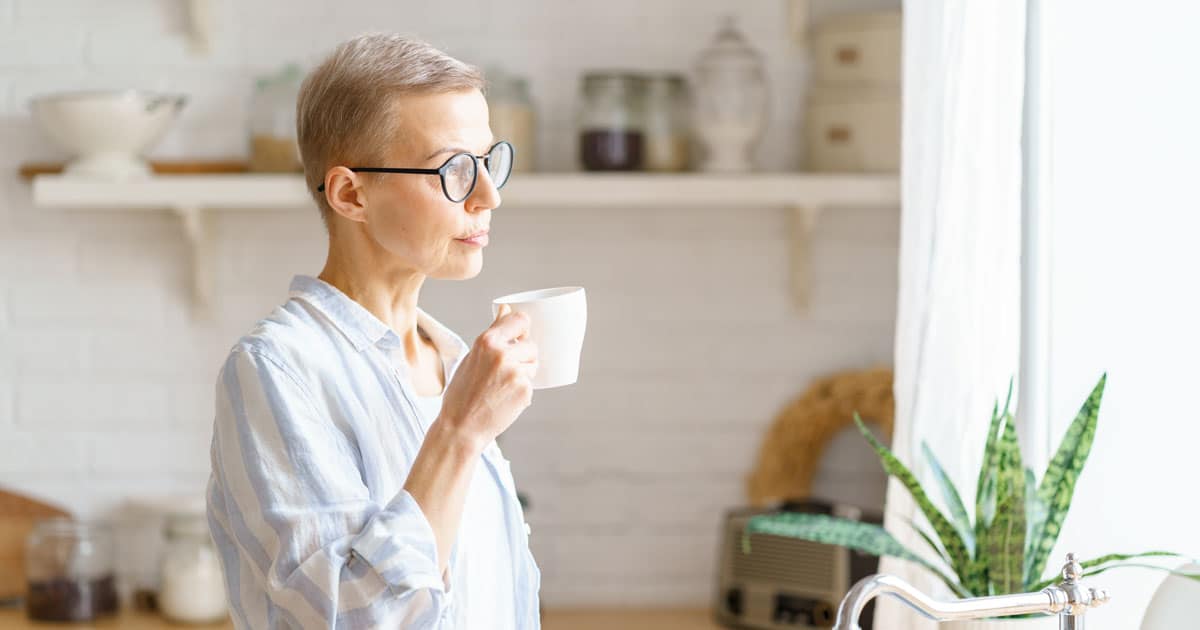
Going dry for a month? Here’s what you need to know first
Whether it is in July, January or February, a month off alcohol is a good way to reset your drinking.
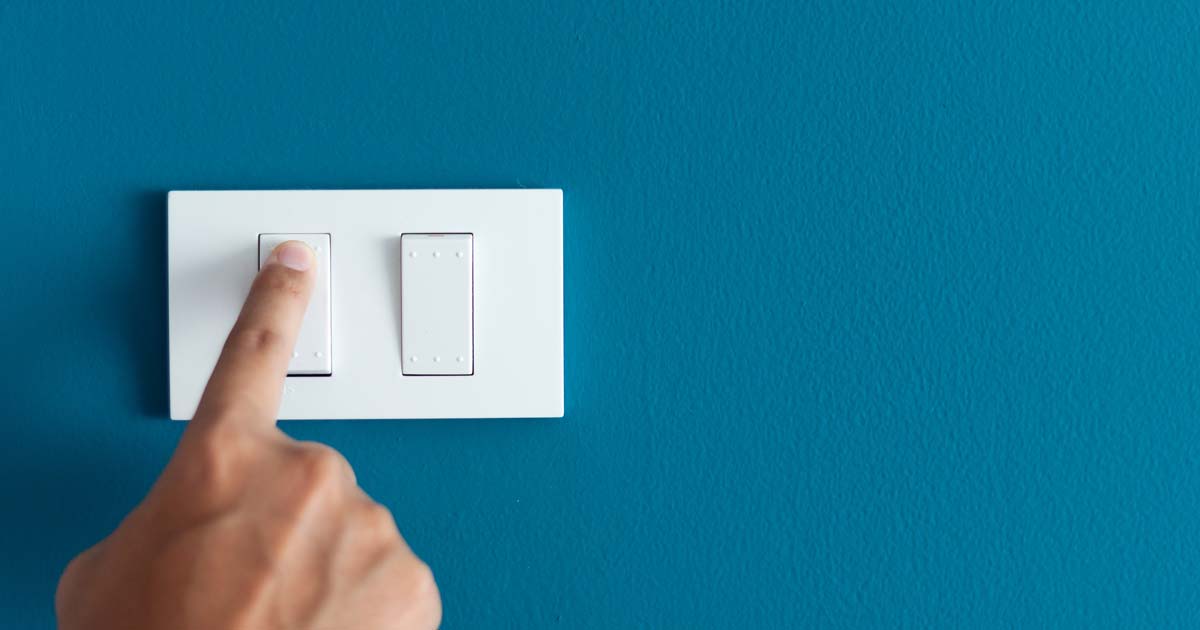
Using your off-button to stop drinking
Why is it that some people are able to stop at one drink, but others stay for five or six more? The answer is a fascinating combination of individual genetics, life experience and environmental factors.
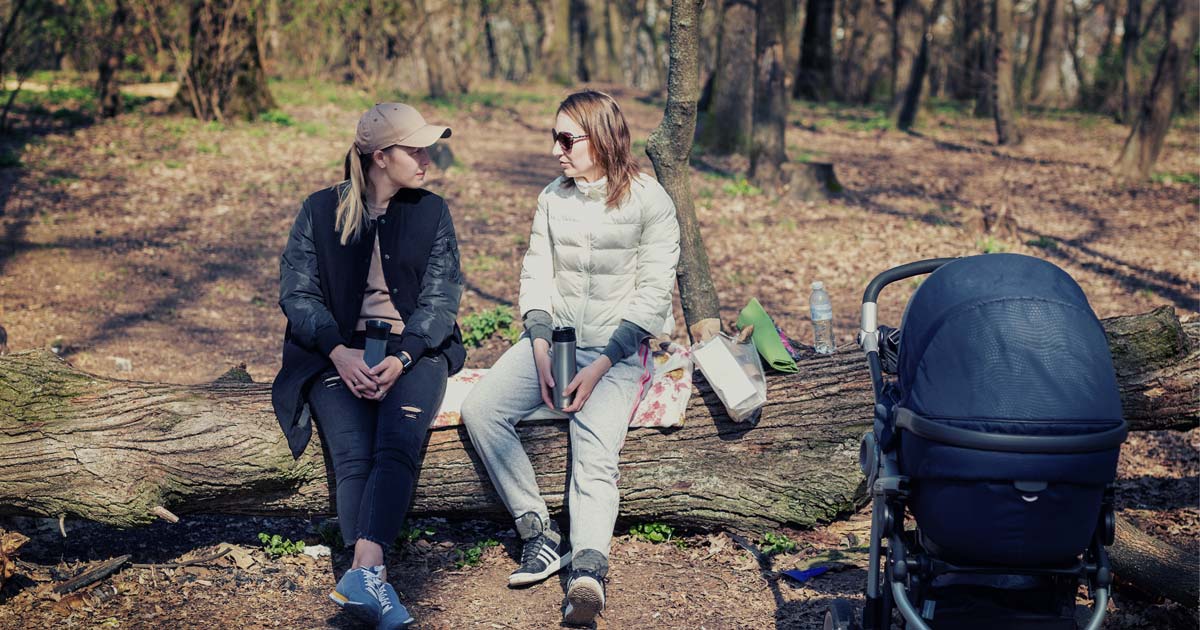
Encouraging someone to drink less alcohol
You might be impacted by the drinking of someone you love, and you want them to address their drinking. This takes courage and thoughtfulness.
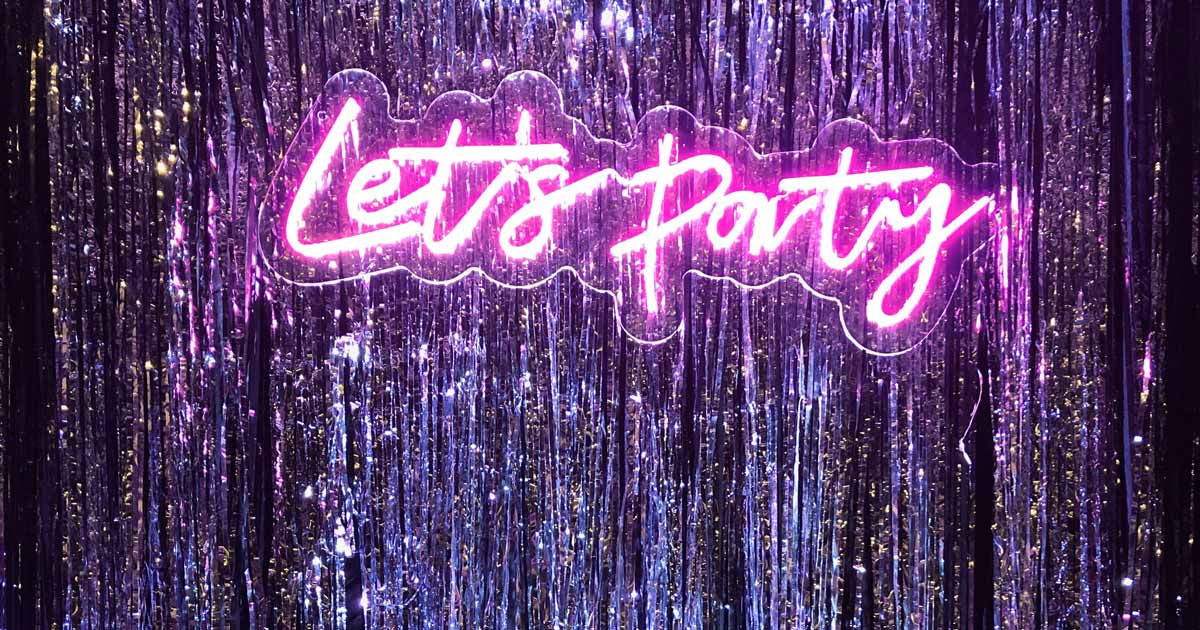
How to host an event without alcohol
Organising an event doesn’t mean you have to submit to social norms and serve drinks on tap. This is an opportunity for you to host without the booze and show your guest they have nothing to lose.

The risky drinking culture of Aussie sports
It’s complicated – that’s how many Australian’s describe their relationship between alcohol and sporting events







